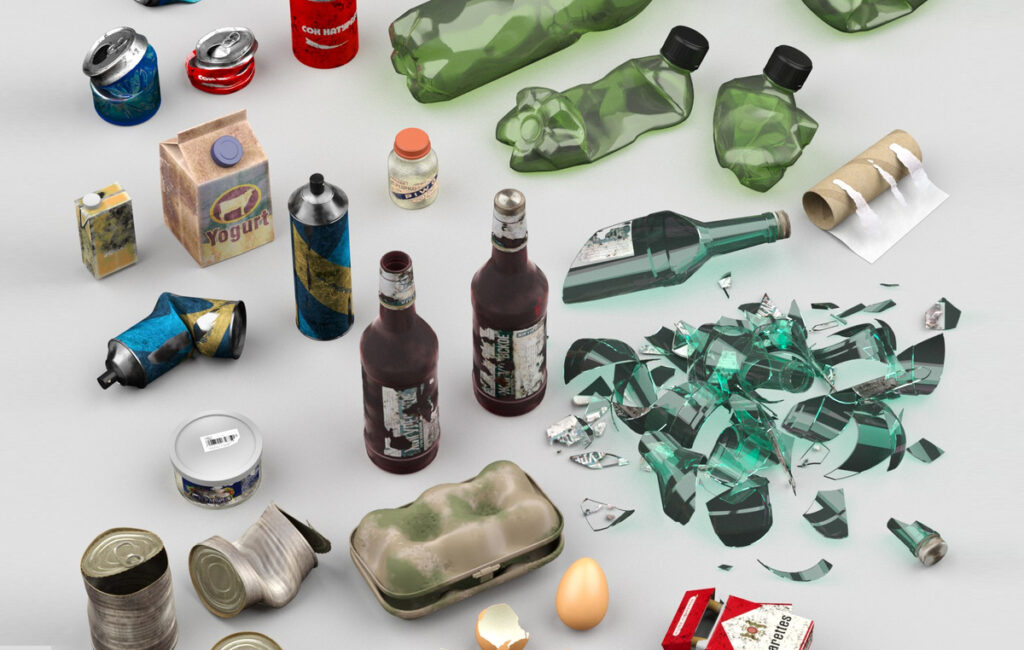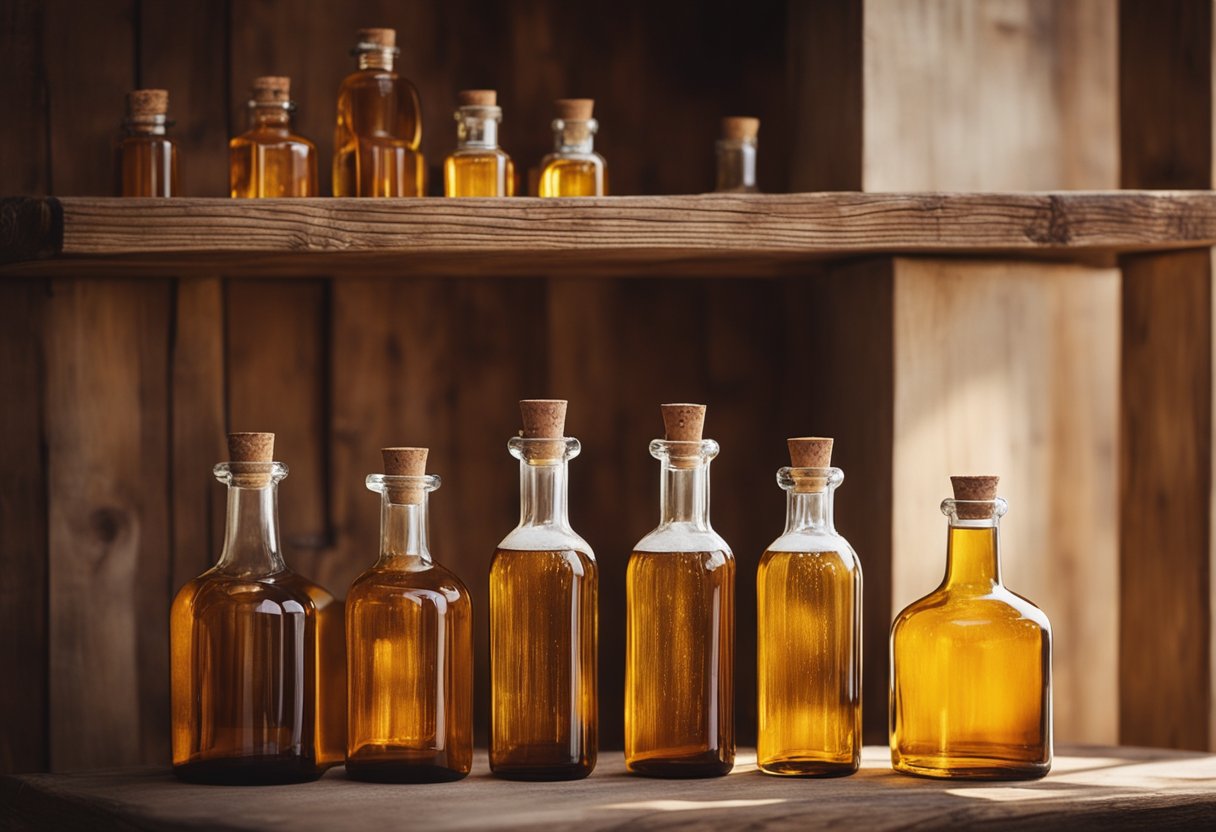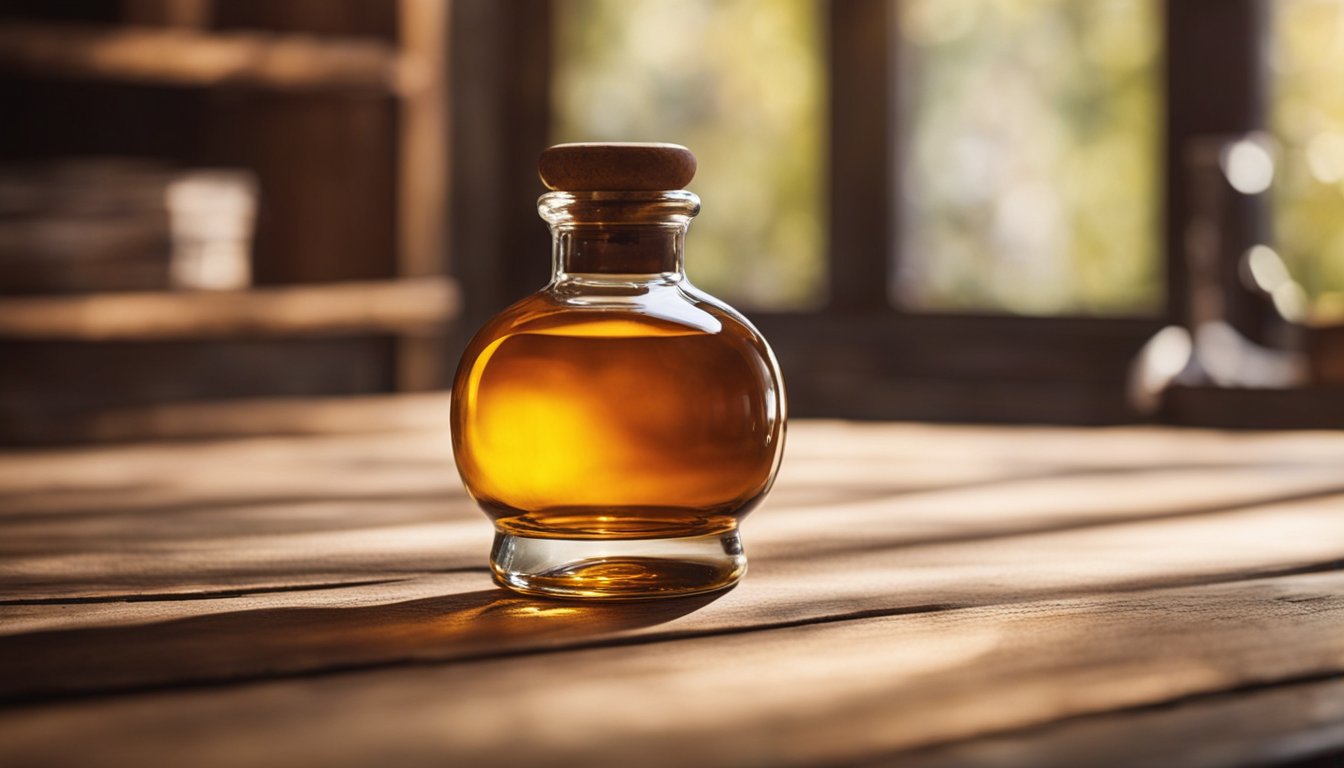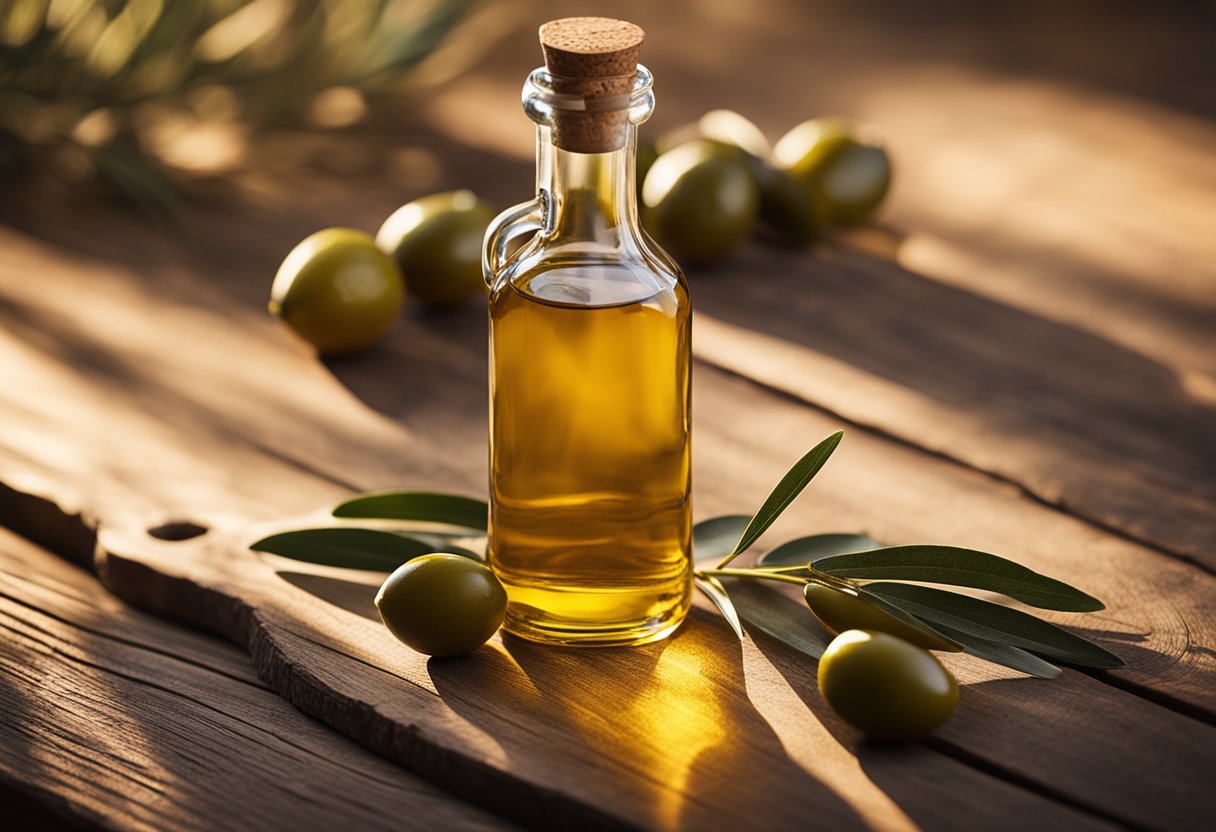
Have you ever wondered if you can actually recycle liquor bottles? With the growing amount of waste that we produce, it’s important to be mindful of the things we use and the impact they have on our environment. It’s no secret that recycling has become increasingly popular, but many people are not sure if it’s possible to recycle liquor bottles.
In this article, we’ll explore the answer to this question and look into what types of liquor bottles can be recycled, what materials make up liquor bottles, how to properly recycle them, disposal options for liquor bottles, the benefits of recycling liquor bottles, strategies for reducing waste from liquor bottles, and what happens to recycled liquor bottles.
Introduction
Liquor bottles are a common part of our lives, whether we’re drinking them or enjoying the artwork on the labels. As the world becomes increasingly aware of the need to reduce waste, it’s important to know what can and cannot be recycled. While many types of materials can be recycled, liquor bottles present a unique challenge.
So, can you actually recycle liquor bottles? The answer may surprise you. The good news is that some types of liquor bottles can be recycled, but there are a few things to keep in mind when it comes to recycling them.
What types of liquor bottles can be recycled?
When it comes to recycling liquor bottles, the main thing to keep in mind is that not all of them can be recycled. Generally speaking, glass and aluminum liquor bottles can be recycled. Plastic liquor bottles, on the other hand, are not typically accepted for recycling.
In addition to the material of the bottle, it’s important to consider the type of liquor that is contained in the bottle. Beer, wine, and spirits can all be recycled, but some types of liquor bottles may contain additional materials that cannot be recycled, such as lids or labels.
What materials make up liquor bottles?
Liquor bottles are typically made of glass, aluminum, or plastic. The type of material used to make the bottle will determine whether or not it can be recycled. Glass bottles are the most common type of liquor bottle and can usually be recycled. Aluminum bottles are also commonly used and can typically be recycled. Plastic liquor bottles are not usually accepted for recycling.
How to properly recycle liquor bottles
If you decide to recycle your liquor bottles, it’s important to follow the proper steps. To start, you should separate the bottles by type and make sure that any lids or labels are removed before recycling.
Next, you’ll need to determine which type of recycling center will accept your bottles. Many curbside recycling programs accept glass and aluminum bottles, but you may need to check with your local program to see what materials they accept. You may also need to check with your local recycling center or transfer station to see if they accept plastic bottles.
Once you know which type of recycling center to use, you’ll need to make sure that the bottles are clean and dry before placing them in the recycling bin. Any remaining liquid or debris should be poured out, and the bottles should be rinsed with water before being placed in the bin.
Disposal options for liquor bottles
If you are unable to recycle your liquor bottles, there are still a few other options for disposal. If you have a compost bin, you can add glass and aluminum bottles to the compost.
If you don’t have access to a compost bin, you can also reuse the bottles in a variety of ways. Glass bottles can be used to make planters or vases, while aluminum bottles can be used to make decorative pieces or even lamps.
Finally, if none of these options are available, the bottles can be placed in the trash. However, this should be a last resort as it is not the most environmentally friendly option.
Benefits of recycling liquor bottles
There are many benefits to recycling liquor bottles. One of the biggest benefits is that it reduces the amount of waste that is sent to landfills. By recycling the bottles, they can be turned into new products instead of being thrown away.
In addition to reducing waste, recycling liquor bottles also helps conserve natural resources. By recycling the bottles, the materials that are used to make them can be reused in the production of new products instead of being taken from the earth. This helps to reduce the amount of energy and resources that are needed to produce new products.
Finally, recycling liquor bottles help to reduce air and water pollution. When bottles are placed in landfills, they can leach chemicals into the environment, which can have a negative effect on the air and water. By recycling the bottles, these chemicals are kept out of the environment.
Strategies for reducing waste from liquor bottles
In addition to recycling liquor bottles, there are also a few other strategies that can be used to reduce waste. One of the easiest strategies is to buy in bulk. Buying in bulk allows you to buy more of a product at a lower price, which helps to reduce the amount of packaging that is used.
Another strategy is to purchase reusable containers. This can help to reduce the amount of waste that is produced, as well as save you money in the long run. Reusable containers can also be used to store leftover drinks, which helps to reduce the amount of waste that is produced from single-use containers.
Finally, it’s important to be mindful of how much liquor you purchase. Buying more than you need can lead to waste, so it’s important to only buy what you will actually use.
What happens to recycled liquor bottles?
When you recycle your liquor bottles, they are taken to a recycling facility where they are sorted by material. The bottles are then broken down into smaller pieces, which are melted down and turned into pellets. The pellets are then used to make new products, such as glass bottles, aluminum cans, and plastic containers.
Conclusion
Recycling liquor bottles is a great way to reduce waste and conserve natural resources. While not all types of liquor bottles can be recycled, glass and aluminum bottles can typically be recycled. It’s important to make sure that the bottles are clean and dry before placing them in the recycling bin, and any lids or labels should be removed.
In addition to recycling liquor bottles, there are other strategies that can be used to reduce waste, such as buying in bulk, purchasing reusable containers, and being mindful of how much liquor you buy.
Hopefully, this article has provided you with the answers you were looking for about recycling liquor bottles. By taking the time to recycle, you can help make a positive difference in the environment. So go ahead and give it a try!











